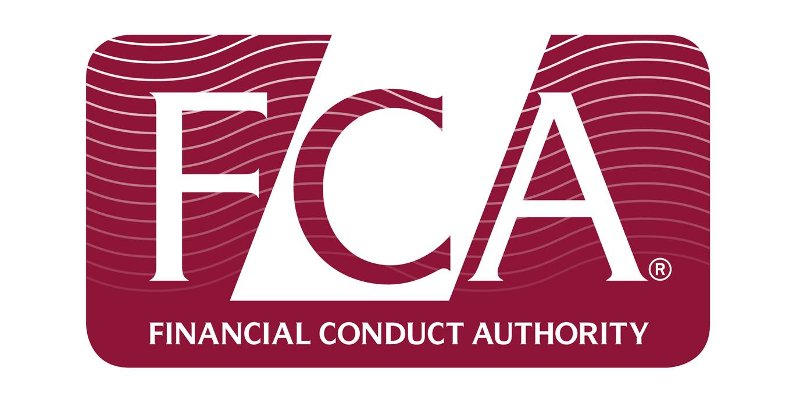The Financial Conduct Authority has proposed introducing a price capon the rent-to-own sector, with the changes expected to save consumers up to £22.7m per year.

The Financial Conduct Authority has proposed introducing a price capon the rent-to-own sector, with the changes expected to save consumers up to £22.7m per year.
The cap, subject to consultation, will come into force on 1 April 2019, providing protection for some of the most financially vulnerable people in the UK.
Andrew Bailey, chief executive of the Financial Conduct Authority said: “Today’s measures are designed to bring down very high prices in the rent-to-own sector, which is used by some of the most financially vulnerable in our society.
“A cap will prevent firms charging over the odds for essential everyday items like cookers or washing machines.We believe a cap is the only intervention that will effectively tackle the highest prices.If implemented it will save consumers up to £22.7m a year from excessive charges.
'We want to stop consumers having to pay many multiples more than the price of a product on the high street.These changes build on the measures we have already taken across the high-cost credit sector.”
RTO customers are some of the most financially vulnerable in our society.Only one third are in work, most are on low incomes (between £12,000 and £18,000) and are likely to have missed a bill payment in the last six months.
Despite this, firms often charge these customers more than other retailers for essential household goods such as a washing machine or a cooker, and with add-on insurance and warranties in some cases RTO customers can pay up to four times the average retail price.
To protect consumers, the FCA has designed a bespoke price cap to fit the RTO market, limiting both the cost of the product and the charge for credit.Under the proposed cap, credit charges cannot be more than the cost of the product.
In addition, RTO firms will need to benchmark the cost of products against the prices charged by threeother retailers.
In addition, the FCA is introducing a 2-day cooling off period for the sale of extended warranties. This will effectively ban firms from selling these warranties at the point of purchase. This will come into force on 22 February 2019.
In recognition of the challenges some people may find in accessing alternative sources of credit, the FCA is publishing further information about its approach to promoting alternatives to high-cost credit.
These include not only lower cost credit options but also alternatives that meet the consumer’s underlying need, without taking out credit, for example other sources of essential household goods.
The FCA has set out what actions it is taking, including working closely with the government and other relevant organisations to support a number of initiatives.
The consultation on the price cap and benchmarking proposals will be open until 17 January 2019. If agreed the new rules will be implemented from 1 April 2019.



